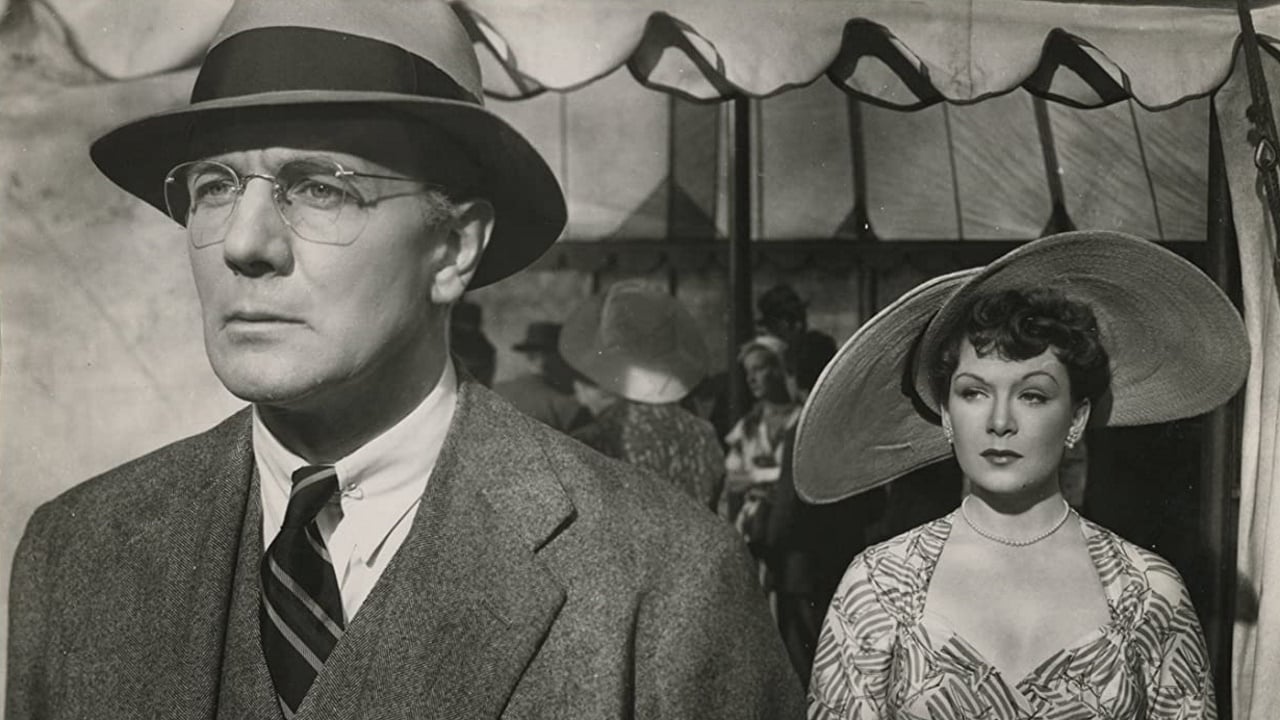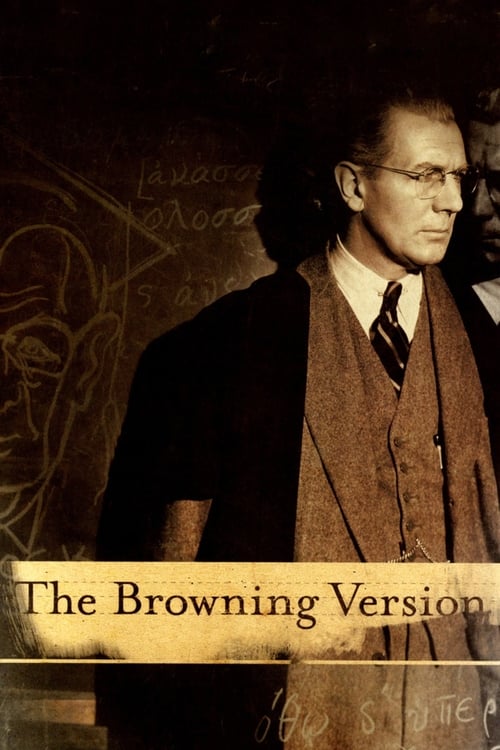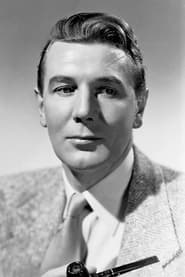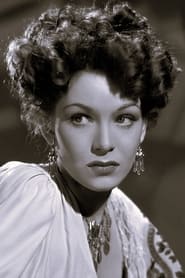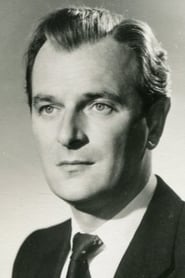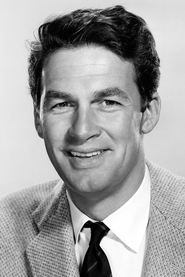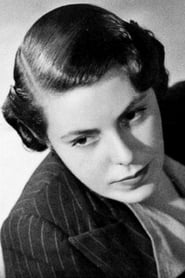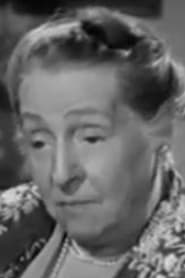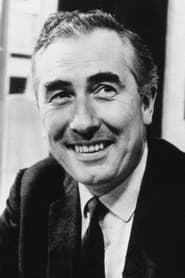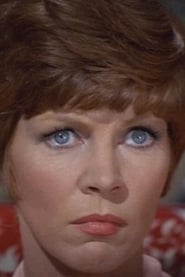Cast
View AllMichael Redgrave
as Andrew Crocker-Harris
Jean Kent
as Millie Crocker-Harris
Nigel Patrick
as Frank Hunter
Wilfrid Hyde-White
as Frobisher
Bill Travers
as Fletcher
Ronald Howard
as Gilbert
Ivan Samson
as Lord Baxter
Judith Furse
as Mrs. Williamson
Josephine Middleton
as Mrs. Frobisher
Peter Jones
as Carstairs
Sarah Lawson
as Betty Carstairs
Brian Smith
as Taplow
Paul Medland
as Wilson
Crew
Director
- Anthony Asquith
Writer
- Terence Rattigan
Producer
- Teddy Baird
Reviews
talisencrw
In despicable literary characters such as Ebenezer Scrooge, and here, Michael Redgrave's Andrew Crocker-Harris, it is necessary--perhaps even more so now than ever before--to see the triumph of the human spirit and the soul-cleansing power of redemption and forgiveness (both in others and of ourselves).
This is the quintessential document of such a human transformation.
Mar 14, 2016
CinemaSerf
There's a little bit of the "Mr Chips" story in this adaptation of Terence Rattigan's story of life in a once proud English public school. "Crocker-Harris" (Michael Redgrave) has rather stoically and unsympathetically been trying to drum Greek into his classes of largely disinterested buys for many years, but is now to move on after becoming ill. What's fairly clear from the outset is that his wife "Millie" (an on-form Jean Kent) has little but disdain for her rather pedestrian husband, and that she has been a little too friendly with his slightly smarmy colleague "Hunter" (Nigel Patrick). As the day of his departure looms ever closer, the teacher finds himself beginning to bond with the bright and refreshingly honest young "Taplow" (Brian Smith) who seems not only interested in his Aristotle, but also in this now rather dejected purveyor of education. It's also fairly obvious that none of his professional colleagues are particularly sympathetic to him either - a fact ably demonstrated by the lack of sympathy to their impending financial predicament offered by headmaster "Frobisher" (Wilfred Hyde-White). Redgrave gives a strong and nuanced performance here. His character has been aimlessly cruising for so long, he has forgotten how to live or what he, himself, wanted when he was the age of the young man who is now provoking a long-abandoned sense of worth in the man. His realisation of his domestic predicament, and of the rather shrewishness of his wife, is also effectively banging his head against a wall and wakening him up to a state of affairs of which he was probably aware, but maybe just didn't really care. I can't say I loved the conclusion - perhaps all just a little too much of a volte face from just about everyone, but it's an interesting character study with the odd bit of humour and a strong story.
Feb 5, 2024
Thematic Analysis
As a dramatic work, The Browning Version examines complex human relationships and emotional struggles against the backdrop of a period setting that reflects societal issues of its time. The character development particularly stands out, offering viewers a chance to reflect on their own life journeys.
Director Anthony Asquith brings their distinctive visual style to this film, continuing their exploration of themes seen in their previous works while adding new elements. Their approach to character development and emotional depth creates a viewing experience that rewards close attention.
Released in 1951, the film exists within a cultural context that now offers viewers historical perspective on the social issues of that era. Its critical acclaim reflects its artistic achievements and its place in cinema history.
Did You Know?
- The production of The Browning Version took approximately 28 months from pre-production to final cut.
- The final cut of the film runs for 90 minutes, though the director's initial assembly was reportedly 111 minutes long.
- The cast underwent specialized training for 2 weeks before filming began.
- The costume department created over 165 unique costume pieces for the production.
- The director insisted on using practical effects whenever possible, reserving CGI for only the most necessary scenes.
Historical Context
- In 1951, when this film was released:
- Rock and roll music was revolutionizing popular culture.
- The civil rights movement was gaining momentum in the United States.
- The film industry was dominated by major studios, with independent cinema still in its early development.
How This Film Stands Out
Details
- Release Date: April 6, 1951
- Runtime: 1h 30m
Where to Watch


